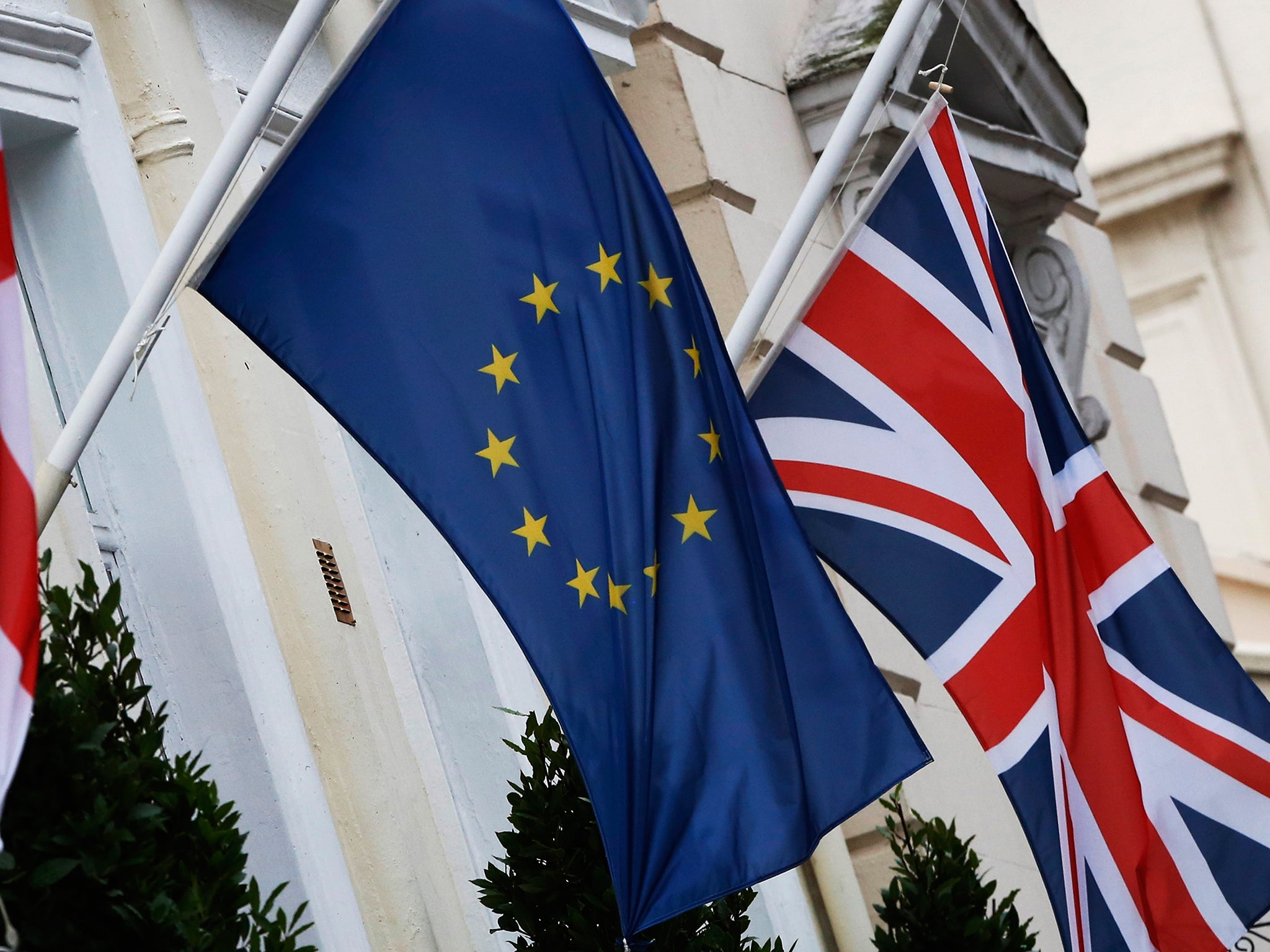Brexit: UK will be 'frozen out' of EU decisions on budgets, road signs and drinking water during transition period
Full scale of fresh regulations in the pipeline exposes blunder of making Britain ‘rule-taker, not rule-maker’, campaigners say

The UK will be “frozen out” of EU decisions on no fewer than 182 new rules in the months after Brexit, a new analysis says, including over budget spending, road signs and drinking water.
The full scale of fresh regulations in the pipeline – during Theresa May’s planned 21-month transition period – exposes the blunder of making Britain “a rule-taker, not a rule-maker”, it warns.
During that transition, the UK will be bound by Brussels’ decisions but without any ministers in the EU council, or MEPs in the European parliament, to influence them.
Now the campaign for a People’s Vote on the Brexit outcome has examined the decisions expected before 2020, which also include alcohol-taxing and rules for UK investment funds.
“This analysis sets out for the first time the full scale of the UK’s capitulation under this so-called deal,” said Chris Bryant, a Labour supporter of People’s Vote.
“The prime minister’s deal would weaken our ability to have a say in over 180 crucial decisions that are going to be made in Europe while the UK is in transition – meaning we have to abide by their rulings but have no say and no ability to protect Britain’s interests.
“This dodgy deal will leave Britain frozen out of decision making and forced to pay billions of Euros for the privilege.”
The argument goes to the heart of criticism – by both pro and anti-Brexit MPs – that the UK will be a “vassal state” during the transition phase.
Because the EU has insisted meaningful trade talks cannot begin until after the UK leaves next March, they are expected to take far longer than the 21 months set aside.
For that reason, Ms May has floated the idea of extending the transition – and left open the possibility it will stretch until December 2022, as Brussels has suggested.
The analysis of the “work programme” through to 2020 shows the European Commission’s planned decisions for the transition period include:
- Allocation of the EU’s budget for the years after 2020, which will leave the UK “without a say on how our own money is spent” if the transition is extended
- New rules for excise duties for different strength alcohols imported or exported in the EU – over which the UK will lose an exemption
- New rules for road markings and road signs throughout the EU
- New rules for how joint investment funds can be distributed across the bloc
- New rules for what defines suitable drinking water across the EU
Also in the pipeline are regulations on “road infrastructure and tunnel safety”, “whistleblower protection”, “safeguarding competition in air transport” and “returning illegal migrants”.
The study follows the defence secretary Gavin Williamson’s attack on “absolutely crazy” plans for an EU army – despite criticism that Brexit will remove the UK’s veto.
Mr Bryant added: “MPs must block this deal and then hand the final say on this crucial decision back to the public because only the people can sort this out.”
Downing Street has been asked to respond to the criticism.
Join our commenting forum
Join thought-provoking conversations, follow other Independent readers and see their replies
Comments
Bookmark popover
Removed from bookmarks